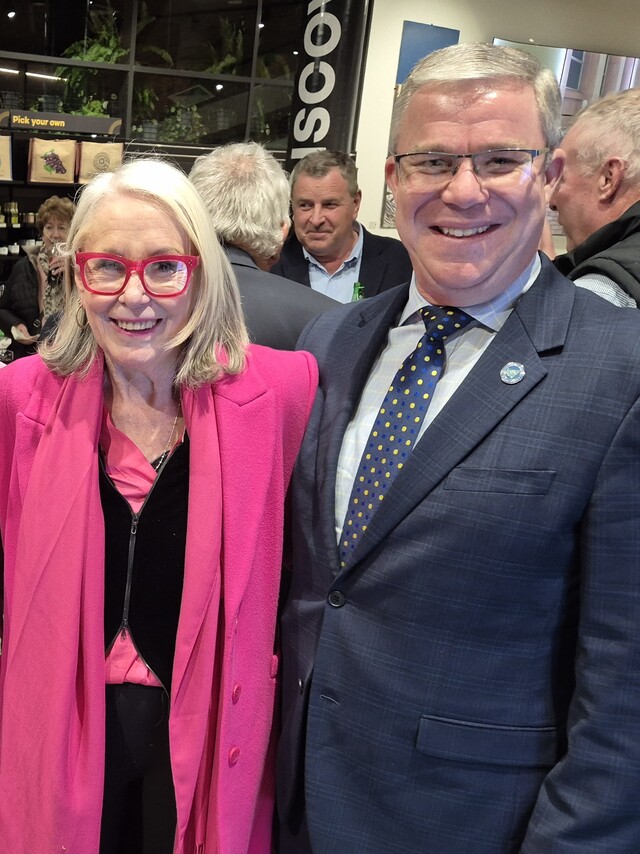Located side by side in Tasmania’s northwest, Circular Head Council and Waratah-Wynyard Council have agreed to trial a shared General Manager over a two year period. The two councils have also conveyed strong support for the broader concept of resource sharing in the future. The move is expected to bring efficiencies to both councils that will improve service delivery.
Waratah-Wynyard covers around 3,500 square kilometres and is home to approximately 14,000 people. The region is recognised for its productive dairy, vegetable, horticulture and forestry enterprises.
At almost 5,000 square kilometres, Circular Head Council is one of the largest municipal land areas in Tasmania and has one of the longest coastlines. Home to over 8,000 people, its key industry sectors include dairy and prime beef production, commercial fishing and aquaculture, forestry, tourism, manufacturing, vegetable processing and iron ore pelletising.
While further negotiation and adoption of necessary agreements by each council will be required, former Waratah-Wynyard General Manager, Greg Winton, has already taken on the role at both councils. He said that over the longer term, the performance of the Tasmanian economy, in particular improvements to tourism, export and property markets, has caused increased demand for both infrastructure and less traditional Local Government services, such as childcare, community and economic development initiatives.
“This has increased pressure on councils to provide innovative ways to allocate limited resources across a range of competing activities to meet the needs of current and future generations,” Greg Winton said. “More recently, discussions over sustainability have centred around some local councils not generating enough revenue to meet their operating demands and are thus likely to have difficulty in meeting long term infrastructure funding needs. This, together with the fact that some local councils are facing staff recruitment and employment pressures that are threatening organisational sustainability, means that change is necessary.
“The importance of regional models and resource sharing provide an effective alternative to the amalgamation approach.
“Resource sharing is one initiative that councils may have to consider to reduce core operating costs, thus freeing up funds to allocate to other activities in response to community needs.”
In August, Waratah-Wynyard and Circular Head engaged consultants, KPMG, to investigate resource sharing opportunities and to formulate a working model. KPMG identified the close proximity of the councils, the likeness of the communities and the issues each face as key factors likely to make the model successful.
Waratah-Wynyard Mayor, Kevin Hyland, said a shared GM will enable better representation for both communities, as the combined population allows for strength in lobbying, grants submission and representation.
“One GM provides common direction, leadership and vision and makes implementing resource sharing easier to achieve if one GM has one direction and a consistent message,” he said. “The role of the GM in a resource sharing situation allows for more challenge and greater remuneration, thus the ability to attract and retain a high calibre GM.”
Other resource sharing opportunities that have been identified include employing specialist staff to service both councils.
“There are currently vacancies where either or both councils have not been able to attract staff, such as planning and design, engineering and design, asset management, executive officer, payroll officer and administration staff,” Greg Winton said. “Currently, the councils also individually procure a wide range of products and services such as chemicals and detergents, stationery and pipes. There may be some opportunity for savings through joint purchase of these supplies to negotiation bulk discounts and save on transportation.”
For further information contact Greg Winton on (03) 6443 8311.







